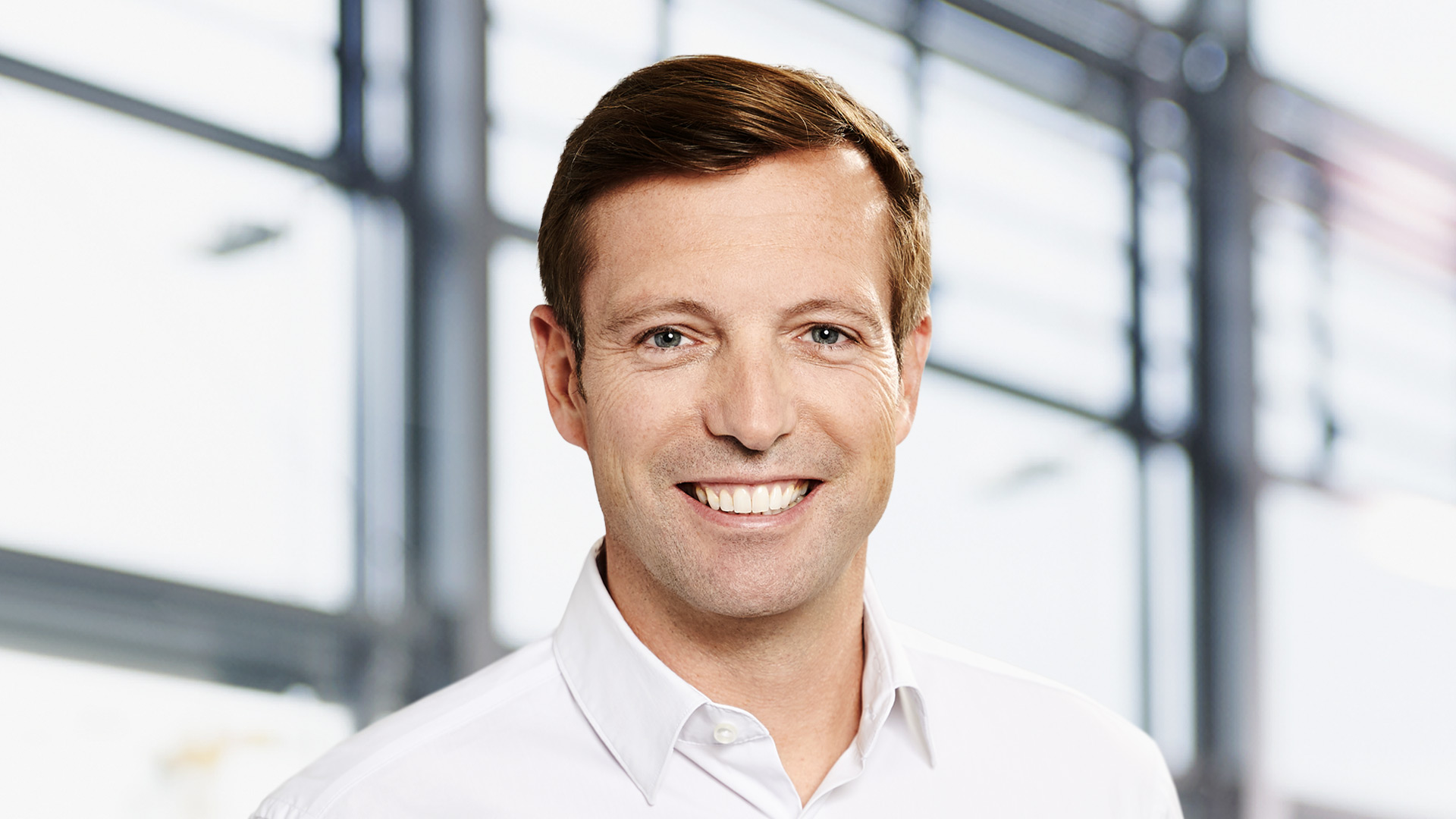What drives the economy in 2025? AI, sustainability, efficiency improvement – what are the topics that will continue to make transformations in companies necessary in 2025? In our 5-part interview series, our experts from the fields of Transformation of Business, Digital, Sustainability, AI, and Work share their assessments.
Transformation of Work – Trends 2025
Today: Part 3 – Transformation of Work.
Interviewees:

"Companies can foster continuous, self-directed development by promoting a culture of learning and making learning more flexible."
Andrea Wick, Senior Managerin & Practice Division Head transformation of work bei Campana & Schott

"A holistic approach to the transformation of work is essential. Leadership, HR, and IT need a shared vision of where they want to go and why.”
Boris Ovcak, Partner & Practice Division Head transformation of work bei Campana & Schott
CS: The concept of Modern Work has become familiar to many companies, especially since the COVID-19 crisis. However, the idea has a much longer history and encompasses more than just the ability to work digitally together. In your view, what are the drivers for transformation in the area of Modern Work in 2025?
Andrea Wick: The pressure for change has increased once again. New technologies, the renegotiation of work, the enormous cost pressure, and a sluggish economy are all contributing factors. The ability of organizations to adapt around Modern Work is crucial today. This must be understood holistically: the adoption of new technologies and methods, the establishment of new ways of collaboration, as well as leadership and culture.
CS: In your opinion, which technological developments will have the greatest impact on the workplace in 2025?
Andrea Wick: The workplace in 2025 will be significantly shaped by technological developments such as artificial intelligence (AI), machine learning, cloud technologies, digital transformation in general, and the use of more sustainable technologies. AI solutions, in particular, will impact our work by gradually taking over routine tasks and supporting complex decision-making processes.
Boris Ovcak: I completely agree. Many organizations are now widely adopting generative AI to enhance personal productivity. This deeply impacts daily work routines, leading to significant changes.
Since AI only functions with relevant data foundations, many organizations will advance their data and cloud strategies. Issues like analog telephony, on-premise data without integration into generative AI technology, and lack of data lifecycle management will definitely be addressed. Organizations will continue to develop the necessary foundations for generative AI.
Moreover, generative AI technology is rapidly evolving. After focusing on personal productivity, the next major emphasis will be on processes and their automation.
CS: These sound like fundamental changes that organizations will need to address. How can companies ensure they are culturally and organizationally prepared for this transformation of work?
Boris Ovcak: A holistic approach to the transformation of work is essential. Leadership, HR, and IT need a shared vision of where they want to go and why."
Andrea Wick: In times of constant crisis and change, companies are particularly well-equipped to handle the transformation of work by continuously investing in employee development, establishing change management as a core competency in their organizations and projects, and creating a flexible and resilient corporate culture.
Companies can create a framework for continuous, self-directed development by fostering a culture of learning and making learning more flexible. This includes strategic and sustainable skill development as well as innovative and practical learning opportunities.
CS: Andrea, you just mentioned the importance of a flexible and resilient corporate culture. What role does corporate culture play in the successful implementation of such profound transformation processes?
Andrea Wick: We all experience this in our daily work: change remains the only constant in the workplace. In my opinion, a positive and open corporate culture is crucial for the success of transformation processes. It encourages employees' willingness and ability to embrace and actively shape change. A culture of trust and transparency creates an environment where innovation can thrive, and employees feel empowered to bring in and implement new ideas.
About the interview series:
Just as eventful as the end of 2024 was, 2025 has already started. Topics such as digitalization including AI, increasing sustainability or searching for efficiency improvement potentials on one hand but also crises, supply bottlenecks, and political uncertainties on the other hand continue to reflect the comprehensive transformations and disruptions that companies are currently operating within.
With government elections in the USA as well as those still pending here in Germany, the framework conditions for economic activities in Germany, the EU, and the world are being redefined. Resilience, agility, and innovation seem to remain core competencies that can secure companies' competitiveness.
We are interested in which challenges and trends will move companies this year. Read about it in our 5-part interview series with opinions from our experts from the fields of Transformation of Business, Digital, Sustainability, AI, and Work.
Next publication: Part 4 – Digital Transformation
For further reading:
Part 1 – Business Transformation
Part 2 – AI Transformation
Part 3 – Work Transformation



